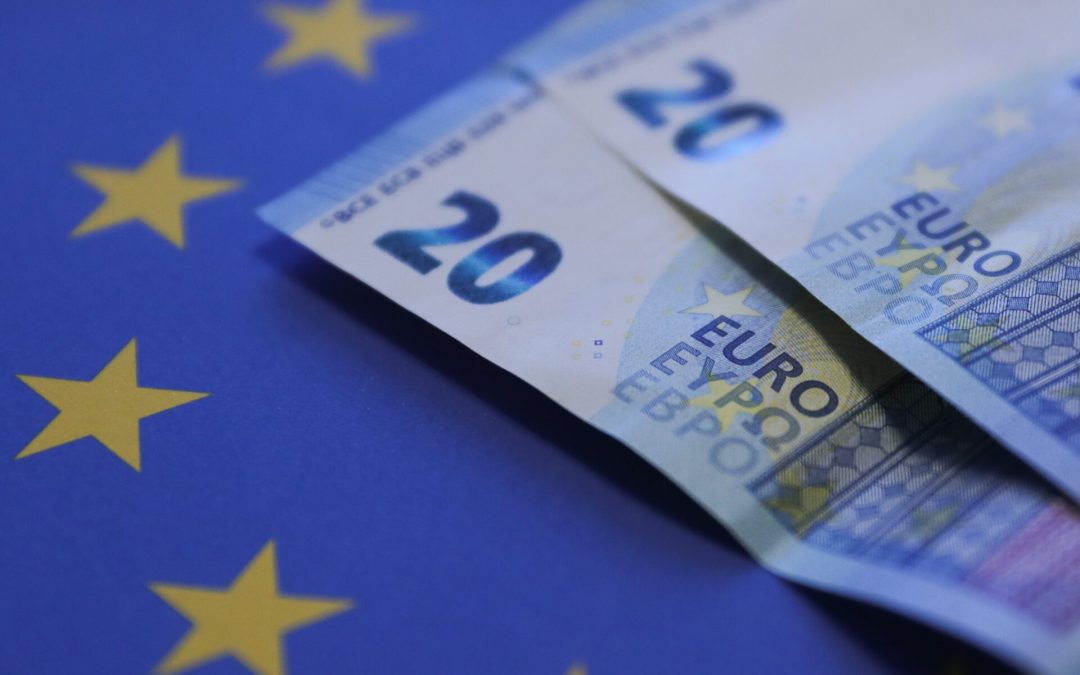Warsaw/Prague – In July, there were approximately 45,000 companies operating in the European Union countries in which Russian companies or people with dual citizenship had more than a 40 percent stake, directly or indirectly. Of these, 12,400 were registered in the Czech Republic, the highest number among the 27 countries. Bulgaria follows with 9,500, Germany with 4,200, Latvia with 3,300, and Italy with 2,500 such companies. This was reported by the Polish daily Rzeczpospolita, citing data from the rating agency Moody’s.
According to a decision by the European Commission (EC), credit and financial institutions in the EU must comply with new requirements for reporting financial transactions of Russian citizens from this July. The measure is part of the twelfth package of EU sanctions against Russia. The aim is to better assess possible violations of sanctions and to map sources of income for Russia. EU member states are tasked with evaluating reported information and identifying possible violations or circumventions of sanctions.
The Czech Ministry of Industry and Trade (MIT) told ČTK that it has been monitoring the situation for a long time due to economic security. “In cases where transactions could pose a security risk to the Czech Republic, the MIT investigates the investments,” said the ministry’s press department head Marek Vošahlík. For example, banks are required to report all transfers from the union to third countries to the authorities if they exceed 100,000 euros (2.5 million CZK) and are carried out by companies in which Russian legal and natural persons hold more than 40 percent of the capital. This applies to all types of transfers carried out by the relevant companies with Russian owners, which leave the jurisdiction of the EU, respectively, the member states. The measure applies to all types of transactions regardless of currency.
The Foreign Relations Advisers Working Group (RELEX), which falls under the EU Council, adjusted the criteria for determining ownership and control of companies with Russian capital in July. Previously, a sanctioned person was considered to control a company if they controlled more than half of its capital. Now, it is enough to own 40 percent of the company’s capital. The U.S. Treasury Department’s Office of Foreign Assets Control (OFAC) has a similar rule, writes the Polish newspaper. Observers believe the EU has tightened the rules because some company owners have adapted to them. The European Commission will review the functioning of the new measures this December. (August 22)
 go to the original language article
go to the original language article
